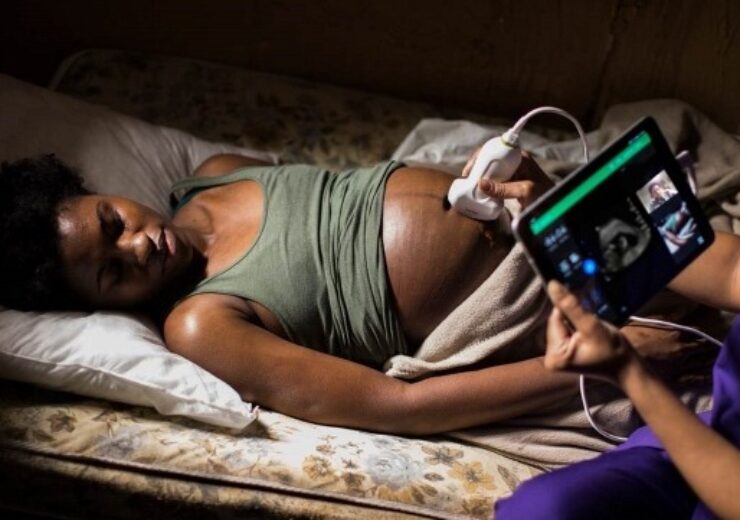The funding will be used by the company to enhance the quality and accessibility of obstetric care in low and middle-income countries, specifically in underserved communities

Philip has secured grant to develop AI-based application suite for maternal care in low- and middle-income countries. (Credit: Koninklijke Philips N.V.)
Health technology firm Royal Philips has secured a $15.4m grant from the Bill & Melinda Gates Foundation for the development of artificial intelligence (AI) based application suite to enhance maternal care in low and middle-income countries.
The funding will be used by the company to enhance the quality and accessibility of obstetric care in low and middle-income countries, specifically in underserved communities.
The project is designed to minimise the number of women who die due to pregnancy by enabling front-line healthcare workers such as midwives to detect potential problems in pregnancy at an early stage.
Based on the expertise of the Philips Foundation, the project works to deliver quality healthcare for underserved communities across the world, including a programme in Kenya to offer ultrasound-based antenatal pregnancy screening in village clinics while securing telehealth support from radiologists at distance.
Philips North America chief medical officer and Philips Research Americas head Joseph Frassica said: “Philips is a pioneer in the use of artificial intelligence in healthcare, with many of its AI-based solutions already FDA approved.
“This effort to use AI to help deliver high-quality pre-natal care to the vast number of women in the world who cannot easily access it is a perfect example of what we believe AI should be used for – empowering healthcare professionals to help them deliver faster and more efficient care to help improve patient outcomes.”
Handheld diagnostic ultrasound platforms such as Philips Lumify deliver an affordable solution to evaluate pregnancy and offer a portable option for use in community-based mother and child care programmes.
The suite of AI-based obstetrics applications will allow front-line healthcare workers to detect high-risk pregnancies, which can be clinically managed for the prevention of adverse birth outcomes.
According to the company, the World Health Organisation (WHO) suggests at least one ultrasound scan before 24 weeks of gestation for pregnant women to assess gestational age with better confidence than a traditional last menstrual period estimate.
In July this year, Philips collaborated with professional services company Cognizant to develop digital health solutions for providers, researchers, and patients.
